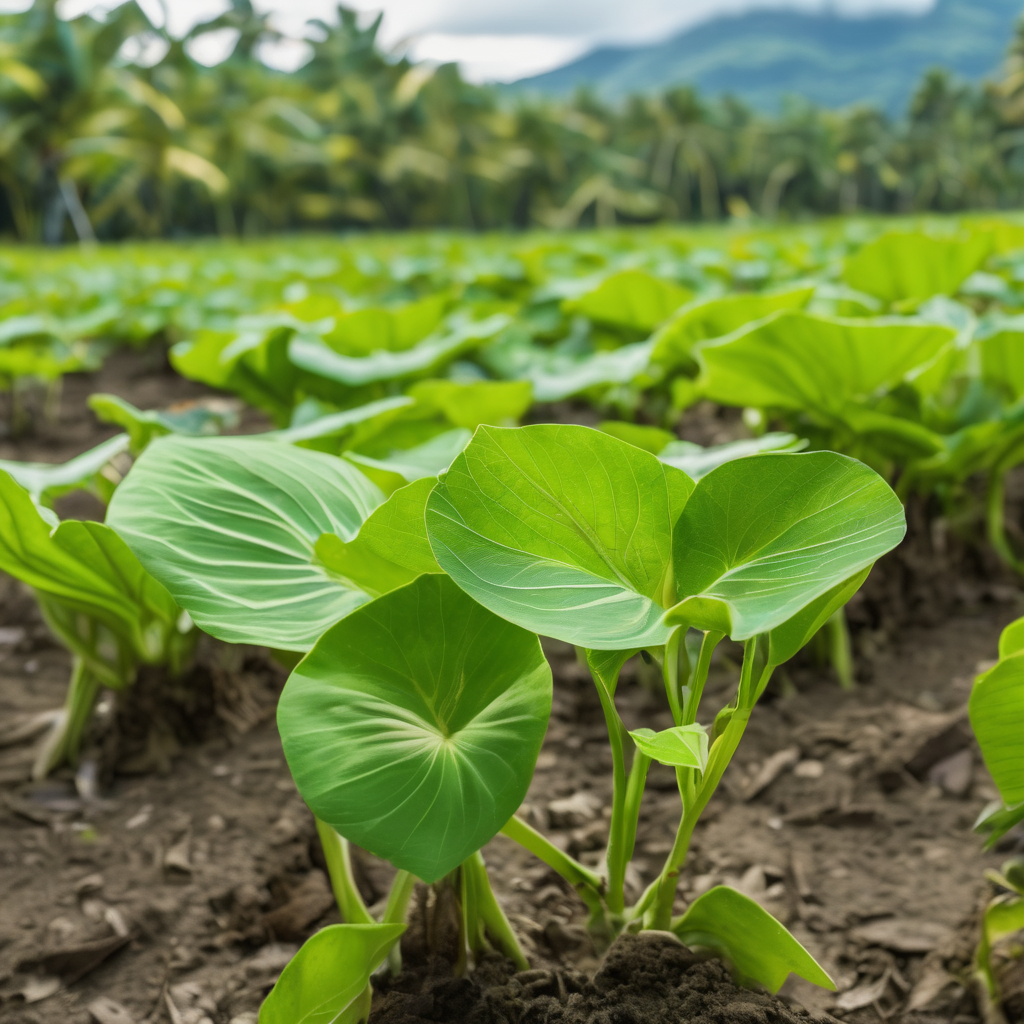The Ministry of Agriculture in Fiji has dedicated $280,000 this financial year to address the kava shortage on Rotuma Island through a replanting initiative. This move comes as the island experiences a significant decline in kava availability due to factors such as overconsumption, inadequate replanting, and the detrimental impact of kava dieback disease. The condition, which has been linked to the cucumber mosaic virus (CMV), has historically presented challenges for kava farmers across Fiji.
Agriculture Principal Officer Nimilote Waqabaca highlighted the surge in kava demand, noting that Rotuma has had to source kava from Viti Levu, with prices soaring to $80 per kilogram. The replanting program is designed to bolster local kava cultivation, aiming to lessen reliance on external supplies and rejuvenate the agricultural practices on the island.
The dynamics of kava farming have seen considerable transformations over the years, particularly with the recurring outbreaks of the kava dieback disease throughout the Pacific, notably in the Northern Division from 1998 to 2003, and more recently between 2021 and 2023. During these periods, kava prices escalated in the face of export opportunities, leading to extensive deforestation as farmers shifted from traditional mixed-cropping systems to more intensive mono-cropping practices.
To counter these challenges, various strategies, including collaborations with international research bodies to develop disease-resistant kava varieties and educational workshops on sustainable farming practices, have been implemented. This replanting initiative on Rotuma is a part of broader efforts to promote recovery and sustainability in the kava sector while ensuring that vital agricultural resources continue to circulate within the local community.
This initiative not only targets an economic revival and food security for Rotuma but also represents a reinforcement of cultural practices tied to kava farming. With the renewed focus on sustainable cultivation and farm resilience, there is hope that kava farming on Rotuma and throughout Fiji will see a brighter future, fueled by innovation and collaboration.
